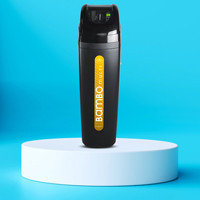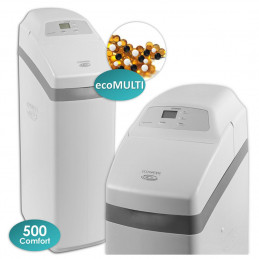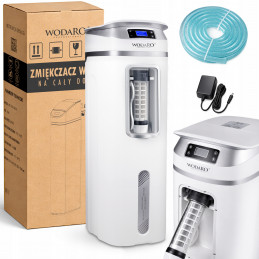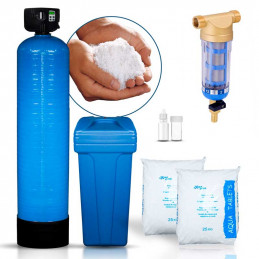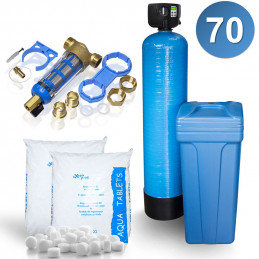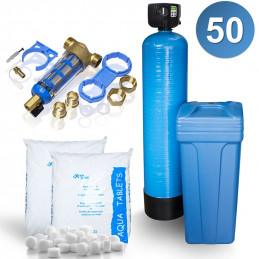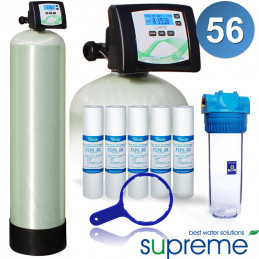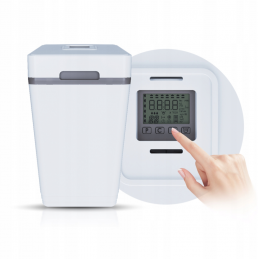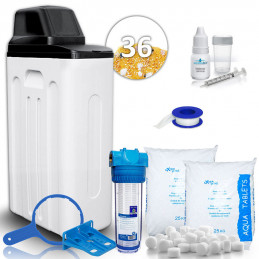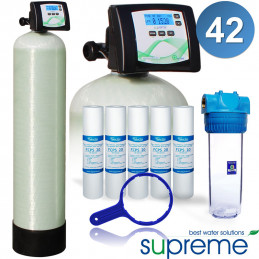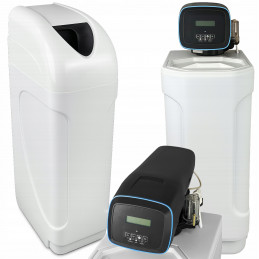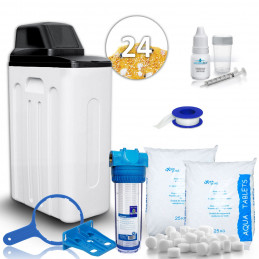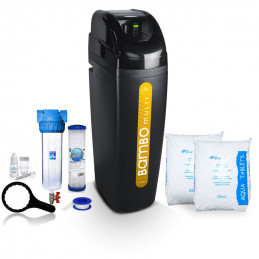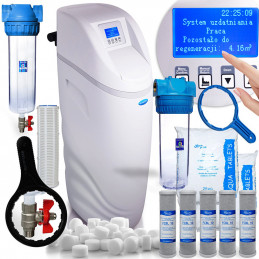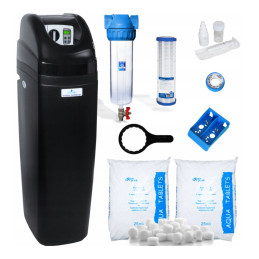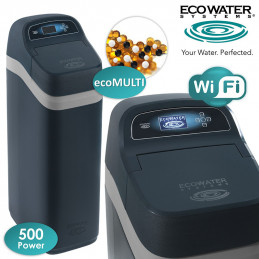- There are no more items in your cart
- Shipping
- Total 0.00 zł
- Bestsellers
- Wholesale
- Water filters
- Whole house filters
- Kitchen filters
- Bathroom filters
- Aquarium filters
- Reverse osmosis
- Water demineralizers
- Filter cartridges
- UV bactericidal lamps
- Alkaline water ionizers
- Industrial water filters
- Accessories, parts, and others
- Descaling filters for the coffee machine
- Water softeners and iron removers
- Water saturators
- ACES
- AMBERLITE
- AQUA VITA
- AQUAFILTER
- AQUAPHOR
- AQUATOR
- BASSAU
- BERG
- BIOCERA
- BIONIQ
- BLUEFILTERS
- CHEMOFORM
- CINTROPUR
- DAFI
- DELONGHI
- DIAMOND
- DOM WODY
- ECOWATER
- FILMTEC
- FIT ALCO
- FITAQUA
- GREEN FILTER
- HANNA INSTRUMENTS
- HELIXPRO
- HELLO PURE
- HIDROTEK
- HM-DIGITAL
- HONEYWELL
- Ibo
- JAVEL
- KLARWOD
- KRUPS
- MIDEA
- OTOWODA
- OTTONE
- Palintest
- PENTAIR
- PHILIPS
- PLATINUM WASSER
- PUROLITE
- SIEMENS
- Steingraf
- SUPREME
- TAB-SOL
- TOP FILTER
- UST-M
- USTM
- VONTRON
- WODARO
Tips
What is a water conditioner?
A water conditioner is a device designed to improve water quality by removing various contaminants such as iron, manganese, hydrogen sulfide, and softening hard water. Thanks to it, water becomes safer for drinking and everyday use. Multifunctional water conditioners utilize various technologies, such as mechanical, chemical, and biological filters, to achieve the desired effects. With a water conditioner, we can be sure that the water we consume and use for daily activities is free from harmful substances.
Filter
Price
Brand
Why is it worth investing in a water softener?
Investing in a water purification system brings many benefits. Here are a few of them:
-
Money savings: Water treatment in a single-family home allows you to save on bottled water purchases. We stop buying expensive bottles of water because we have access to clean and healthy water straight from the tap.
-
Protection of the plumbing system: Water softeners protect the plumbing system from limescale buildup, which extends its lifespan and improves efficiency. Limescale that accumulates in pipes and appliances can lead to damage and costly repairs.
-
Improvement of water taste: They eliminate the smell of chlorine and other unpleasant odors, making the water tastier and healthier. Clean water also means better taste for coffee, tea, and prepared meals.
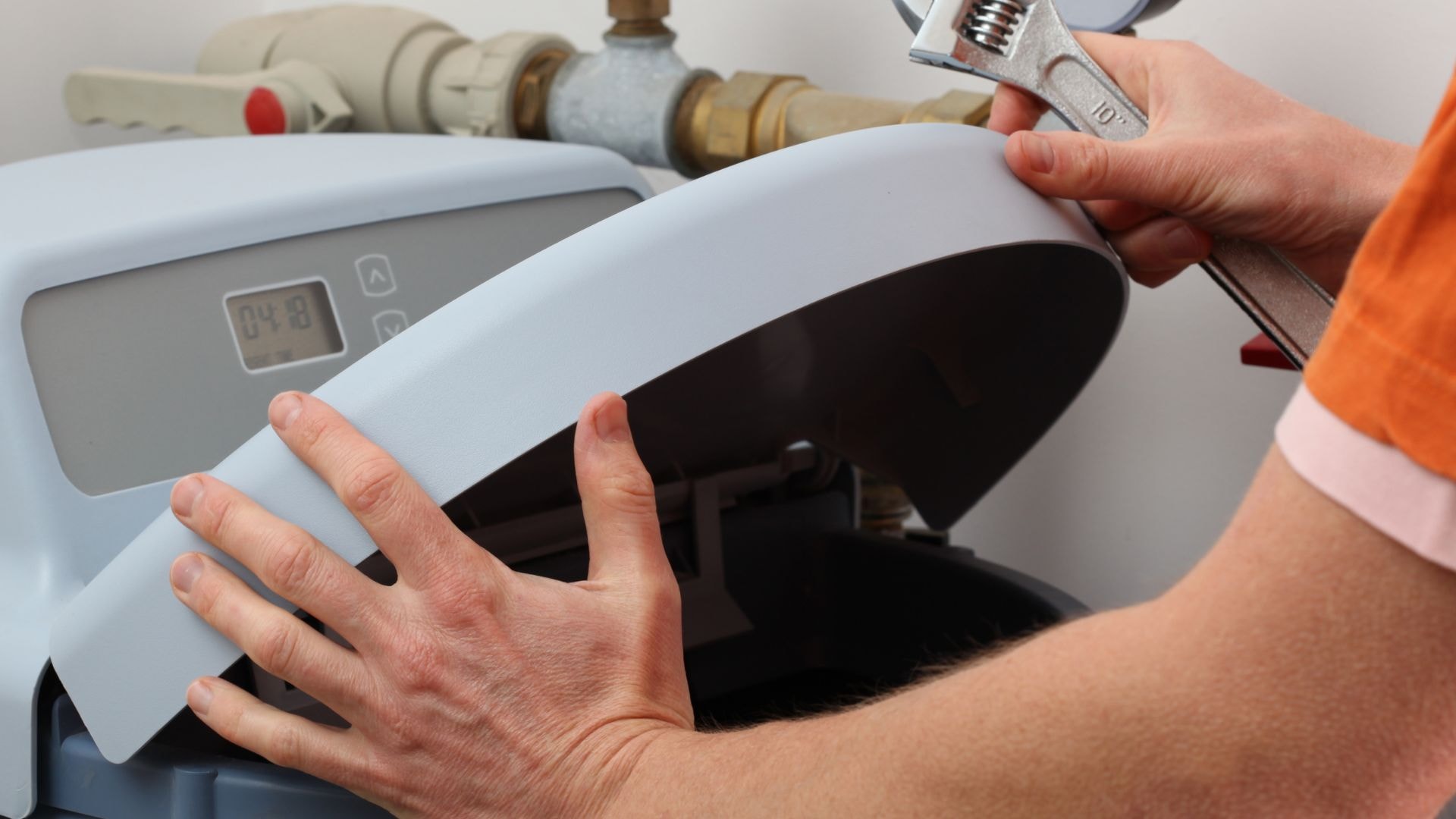
Types of water softeners
Water softeners: basic types and applications
There are many different types of water softeners available on the market that can be tailored to individual needs:
-
Water softeners: Remove calcium and magnesium ions that cause hardness in water. Hard water can lead to limescale buildup in appliances such as washing machines and dishwashers, reducing their efficiency and increasing energy consumption.
-
Iron and manganese removers: Remove iron and manganese compounds that can give water a metallic taste and cause stains on clothes and dishes. Iron removers are essential in areas where well water contains high levels of iron. Manganese in drinking water can cause health problems and damage to plumbing systems.
-
Reverse osmosis systems: Remove 99.99% of all contaminants from water, including bacteria, viruses, and mechanical impurities. They remove chlorine and hydrogen sulfide, which gives water an unpleasant rotten egg smell. Hydrogen sulfide in water is not only a nuisance odor but can also cause corrosion of metal parts in the plumbing system.
Home water treatment station vs. industrial water treatment station
Depending on your needs, you can choose:
-
Home water treatment station: Compact and designed for installation in a single-family home. A home water treatment station is ideal for families who want to ensure that the water they drink and use is of the highest quality.
-
Industrial water treatment station: Larger, used in businesses and large buildings. Industrial water treatment stations are designed to handle large volumes of water and provide high quality for various industrial applications.
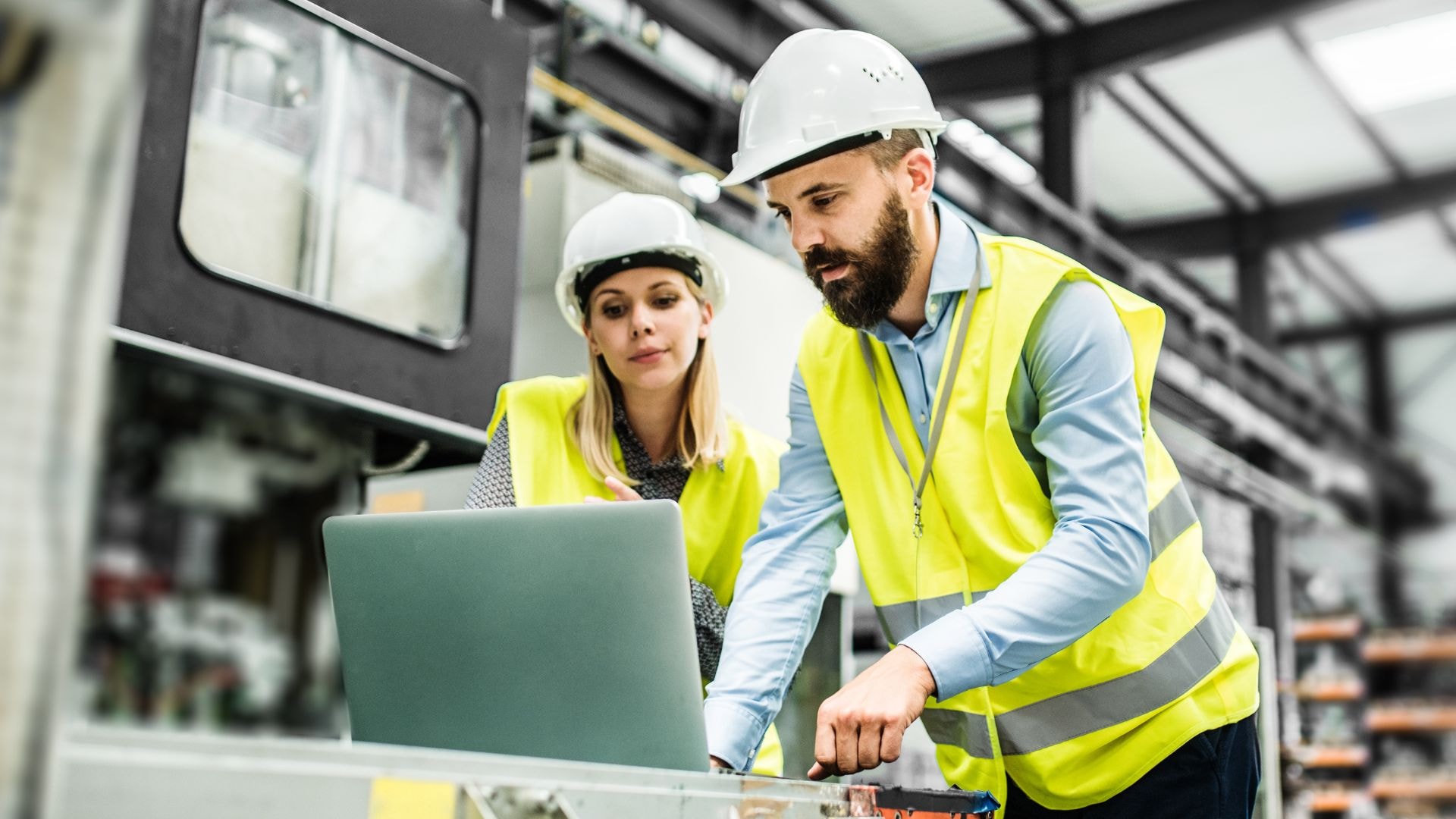
How to choose a water softener?
Criteria for choosing a water softener
Choosing the right water softener depends on several key factors:
-
Water quality analysis: Before purchasing a softener, it is worth conducting a water quality analysis at home to determine which contaminants need to be removed. Water from different sources may contain various types of contaminants, so it is essential to tailor the softener to specific needs.
-
Device efficiency: The amount of water that the softener can process in a given time is crucial for its effectiveness. The efficiency should be matched to the household's needs.
-
Operating costs: Attention should be paid to the costs associated with using the softener, such as salt consumption, replacement of filter cartridges, and energy consumption. Low operating costs translate into savings in the long run.
-
Ease of use: The device should be simple to operate and maintain, with automatic functions that minimize the need for manual intervention. User convenience is key for daily comfort.
Key technical parameters of water treatment stations
When choosing a water treatment station, it is worth paying attention to:
-
Efficiency: Defines the amount of treated water per hour or day. Higher efficiency is important in larger households or places where water consumption is high.
-
Filter bed capacity: The larger the bed capacity, the longer the station will operate without the need for replacement or regeneration. Greater capacity also means better filtration effectiveness.
-
Automatic regeneration system: Ensures that the filter bed is regularly cleaned, maintaining its effectiveness at a high level. Automatic regeneration is convenient and ensures that the device always operates at full effectiveness.
-
Operating costs: It is worth checking what the costs associated with using the station are, such as salt and water consumption for regenerating the bed. Low operating costs can significantly reduce overall maintenance costs.
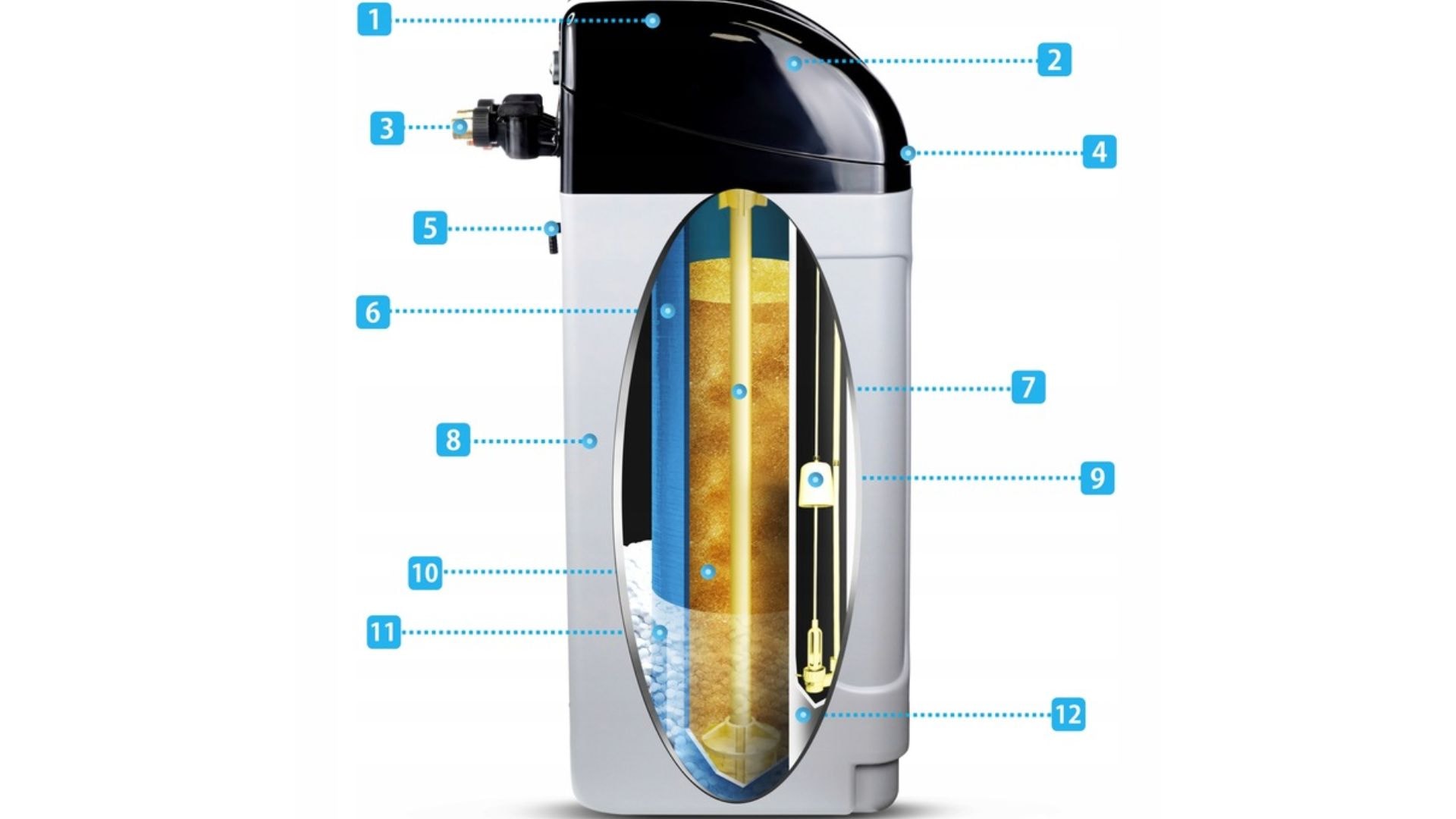
Water treatment stations: what you should know?
Maintenance-free home water treatment station: what to pay attention to?
When choosing a water treatment station for home use, it is worth considering several key aspects:
-
Amount of water consumed: Choose a device suitable for the needs of the household. In larger single-family homes, a station with higher efficiency may be needed.
-
Type of contaminants: Check what contaminants are removed by the station and whether they correspond to the water problems in your home. Water analysis will help in selecting the appropriate device.
-
User reviews: Familiarize yourself with the experiences of other users to find out how the device performs in practice. Reviews can provide valuable information about the reliability and effectiveness of the station.
-
Expert recommendations: Consult a specialist for professional advice on choosing the best solution. An expert can help accurately determine needs and select the appropriate model.
Water treatment station at home: benefits and advantages
Having a water treatment station at home brings many benefits:
-
Improvement of water quality: the quality of water is the main advantage, the multifunctional station removes contaminants, improves the taste and smell of water. Treated water is safe for drinking and preparing meals.
-
Protection of the installation: Protects the plumbing system from limescale buildup, which can lead to damage and costly repairs. As a result, appliances such as washing machines, dishwashers, and boilers operate longer and more efficiently.
-
Healthier water: Elimination of harmful substances such as iron, manganese, and hydrogen sulfide. Water free from these contaminants is safe for the health of the entire family.
```
Home Water Treatment Station Reviews: What Do Users Say?
User reviews of home water treatment stations are generally very positive. Many emphasize that water softeners have significantly improved the quality of water in their homes, eliminating issues with hard water, chlorine smell, and contaminants such as iron and manganese. Users also praise the ease of use of the devices and their low operating costs. Many people note the long-term savings associated with reduced detergent usage and lower repair costs for household appliances.
Installation and Maintenance of Water Treatment Stations
How to Install a Water Treatment Station?
The installation of a water treatment station is relatively simple, but it is advisable to have it done by professionals to ensure that the installation is carried out correctly:
-
Location: Choose an easily accessible place with proper connections to the water supply and drainage. It is important that the installation site is protected from frost and moisture.
-
Protection: Ensure that the station is protected from frost and moisture. Inadequate conditions can affect the operation of the device.
-
Installation: It is recommended to have the installation done by specialists to ensure proper operation and avoid technical problems. Professional installation guarantees that the device will operate reliably for a long time.
Replacement of Media in Water Treatment Stations: How Often and Why Is It Important?
Regular replacement of the filtering media in the water treatment station is crucial for its proper functioning:
-
Frequency: Depending on the quality of water and the type of device, the media should be replaced every few/ten years. Regular replacement ensures the effectiveness of treatment and extends the lifespan of the station.
-
Effectiveness: Replacing the media ensures the effectiveness of treatment and prolongs the life of the station. Worn-out media significantly reduces the quality of treated water.
Water Treatment at Home: Frequently Asked Questions
What Are the Most Common Problems with Water Treatment at Home?
The most common problems associated with water treatment at home are:
-
Hard Water: Causes limescale buildup in the plumbing, which can lead to damage to appliances and increased detergent usage.
-
Iron and Manganese: Contaminate the water, giving it an unsightly color and taste. They can also cause stains on laundry and fixtures.
-
Chlorine Smell: An unpleasant odor that can cause skin and mucous membrane irritation. Water with a chlorine smell is less pleasant for drinking and bathing.

Water Treatment Station: FAQ
-
Does a water treatment station require regular maintenance?
-
Yes, regular maintenance is necessary to ensure the proper functioning of the water treatment station. The filtering media should be regularly replaced and regeneration performed to maintain the device's full efficiency.
-
-
What Are the Operating Costs of a Water Treatment Station?
-
The operating costs depend on the type of device and water quality. The main costs are the salt used for media regeneration and the replacement of filter cartridges. Costs related to servicing and potential repairs should also be considered.
-
-
Is Treated Water Safe to Drink?
-
Yes, treated water is safe to drink. The treatment process removes contaminants and improves its taste and quality, making it safe for consumption.
-
Ranking of Water Treatment Stations
Water Treatment Stations Ranking: The Best Models on the Market
Choosing the best water treatment station can be challenging, so it is worth reviewing rankings and expert opinions. The ranking considers criteria such as efficiency, operating costs, ease of use, and user reviews. We offer a wide range of products. Here are some top models for well water and tap water:
-
BAMBO MULTI : Known for its high quality and reliability, this model is tailored to various needs. TOP 1 in multifunctional water purification! It also works great as a water softener.
-
ECOMULTI50: A filter with a larger amount of media, equipped with the highest quality materials. Offers advanced filtration technologies that effectively remove contaminants from water, say goodbye to iron!
-
OXYLINE PLUS42: A medium-sized product on specialized media. Designed for comprehensive water treatment solutions, it ensures high quality and efficiency.
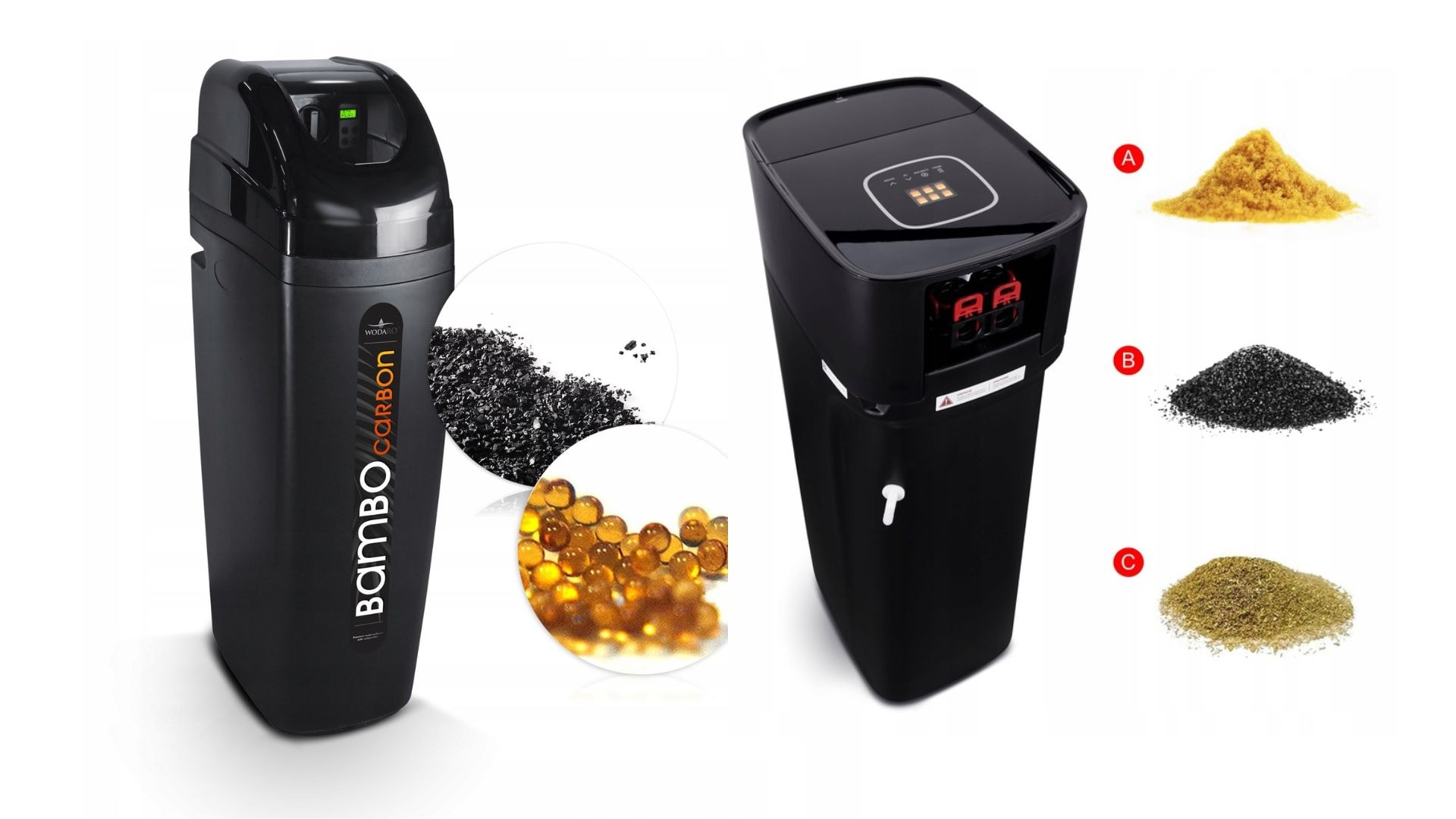
Water Treatment Station Reviews: What Do Experts Say?
Experts emphasize that the choice of the right water treatment station should be tailored to individual needs and the quality of water in the home. It is important to pay attention to the technical parameters of the device and its features, such as automatic media regeneration or salt consumption indicators. Experts also recommend consulting a specialist before purchasing to help select the best solution.
Summary of the Benefits of Having a Water Softener
Having a water softener at home brings many benefits:
-
Safety: Treated water is safe for drinking and everyday use. The elimination of harmful contaminants ensures the health of the entire family.
-
Protection of the Plumbing System: Protects against limescale buildup, which extends the lifespan of plumbing and household appliances.
-
Improvement of Water Taste and Quality: The elimination of hard water, chlorine smell, and contaminants makes the water tastier and healthier.
Final Tips for Choosing a Water Treatment Station
The choice of the right water treatment station should be well thought out and tailored to individual needs. Here are some tips:
-
Water Analysis: Conduct an analysis of the water quality in your home to determine which contaminants need to be removed.
-
Device Selection: Choose a water treatment station tailored to individual needs, considering efficiency, media capacity, and additional features.
-
Maintenance: Regular maintenance and replacement of the filtering media ensure the effectiveness of treatment and extend the lifespan of the station.
-
Consultation: Consult a specialist to choose the best solution and ensure access to clean, healthy water every day.




